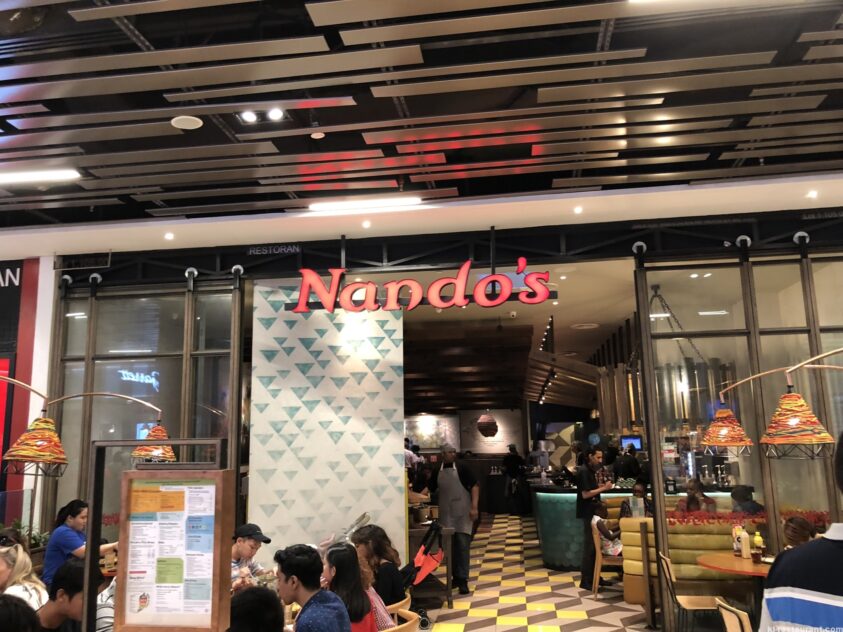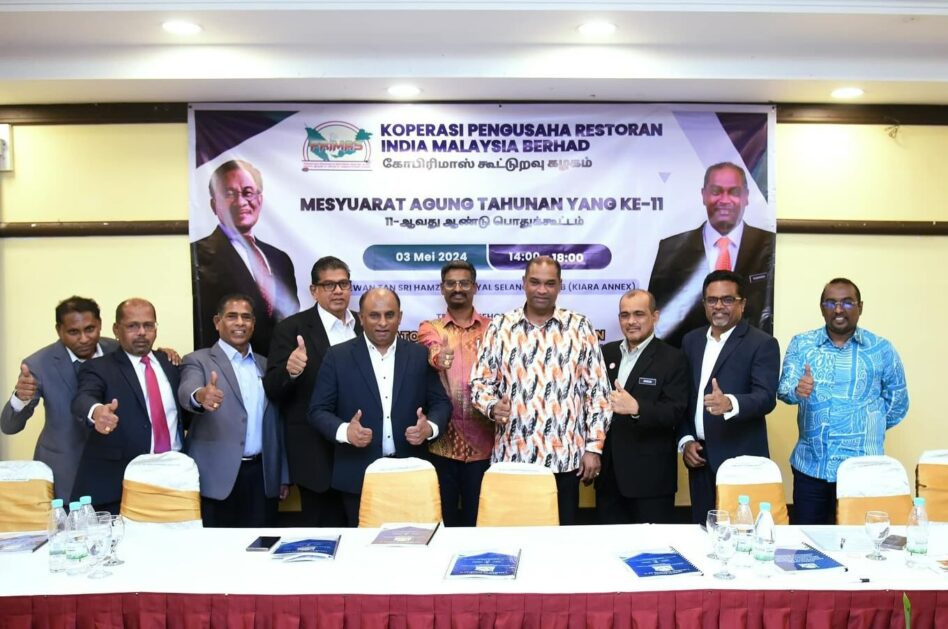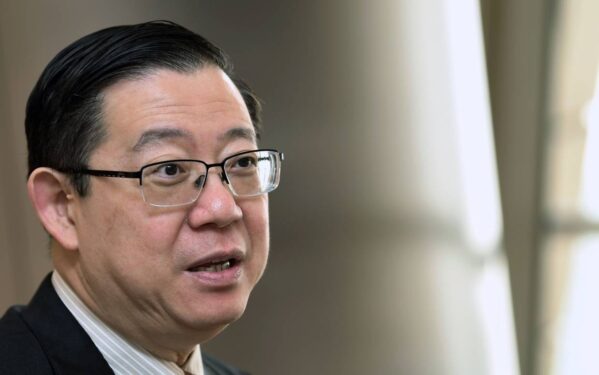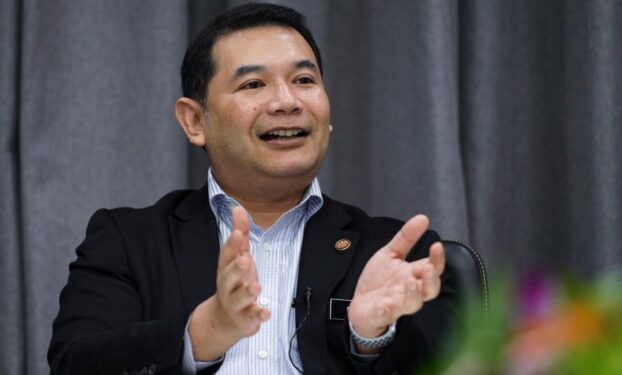By Ranjit Singh
THE government is showing flexibility in allowing some additional sectors to function during the Movement Control Order (MCO) period which runs until April 28.
Minister of International Trade and Industry Datuk Seri Azmin Ali reiterated in a media briefing today that the rakyat’s safety and health is of paramount importance during the Covid-19 outbreak.
Thus, it has implemented the MCO and introduced a comprehensive set of health protocols. At the same time, the government is mindful of the unintended economic consequences of the measures used in battling the pandemic, particularly the negative impact on the economy and the financial position and well-being of the people.
The decision to allow critical sectors to operate during the MCO Phases 1 to 3 was based on the need to ensure an adequate supply of essential goods to the people, particularly food and beverages, medical supplies, and pharmaceuticals.
“These measures are to ensure the sustainability of the nation’s economy, mitigate the loss of jobs among Malaysians in addition to ensuring that the rakyat continue to have access to essential and critical products throughout the MCO period,” said Azmin.
MITI has undertaken engagement sessions with industry associations, small and medium enterprises (SMEs), local and international Chambers of Commerce as well as other relevant Ministries and agencies to identify the additional economic sectors to be allowed to operate subject to the guidelines set by the Ministry of Health (MOH).
This measure is in line with the Cabinet decision to set up a committee, namely, the Special Cabinet Committee to Mitigate the Impact of Covid-19 on the Economy and Labour Market. This committee has presented a number of proposals to the Cabinet on April 6 and 8.
The presentations took into account the feedback from the Ministry of Finance, Bank Negara Malaysia (BNM), Ministry of International Trade and Industry (MITI) and Khazanah Nasional. The Cabinet agreed to allow additional economic sectors to operate in phases subject to compliance with health guidelines and strict movement control.
Azmin said sectors allowed to operate are the automotive industry; machinery and equipment; aerospace industry; construction projects and services related to construction works; science, professional and technical services including research & development (R&D); social health services including registered traditional and complementary medicine (TCM) practitioners, hardware shops, electrical and electronics (E&E) shops in the wholesale and retail segments, and laundry services.
Companies that were allowed to operate must comply with the Standard Operating Procedures (SOP) that have been established for the respective sectors. The approval to operate is also subject to compliance with the rules and guidelines set from time to time by MOH and other related enforcement agencies. This compliance is in line with the undertaking by the companies in their applications to continue their operations during MCO.
MITI has been provided with guidelines on health precautions and strict movement control from MOH that are to be adopted and complied with by the companies that are allowed to operate.
MITI has also made it mandatory for companies that have been allowed to operate to submit the registers of workers that are involved in their operations during MCO and to ensure that their movement is confined only to leaving their homes to the factories/premises.
The companies are required to provide thermal scanners as well as screening for symptoms of coughing, sore throat or breathing difficulties. The readings of the workers must be recorded and kept for a period of at least three months for reference.
As a safety measure to ensure that all workers of companies allowed to operate are free of Covid-19, MITI will collaborate with the Ministry of Human Resource through Socso where all workers are required to undergo Covid-19 screening.
Employers applying to operate must ensure that all their workers undergo screening at any of the 3,000 over Socso panel health clinics nationwide. The cost of these screenings will be borne by Perkeso.
The construction industry must adhere to the conditions set by the Ministry of Works and the Construction Industry Development Board (CIDB) as follows: They must reduce the number of workers to the bare minimum or not exceeding 50% of what is currently needed.
Companies must fully cooperate with MOH in executing contact tracing of workers who have been infected with Covid-19. They must also provide transportation for workers and practise social/safe distancing and the vehicles used have to be sanitised before and after use. The companies must disseminate information and guidelines in respect of dealing with Covid-19 to their value chains.
“In cases where companies provide Centralised Labour Quarter (CLQ) facilities, they must comply with the CLQ guidelines as well as guidelines on Construction Workers Accommodation During MCO issued by CIDB or other relevant agencies,” said Azmin.
Enforcement units comprising the Public Works Department, CIDB, Kuala Lumpur City Hall and other local authorities, and the Department of Occupational Safety and Health (DOSH) have been established to monitor and enforce compliance by approved companies as well as to take action against those that operate without approval.
MITI is also collaborating with the police and the Department of Labour to monitor the activities of the industries required to comply with the SOPs. Failure to comply amounts to a criminal offence under Regulation 11 of the Prevention and Control of Infectious Diseases (Measures within the Infected Local Areas) (No. 2) Regulations 2020. Failure of companies to comply with the SOPs will result in immediate revocation of their approval to operate as well as legal action according to the existing laws.
To date, MITI has revoked the approvals for four companies that have violated the prescribed conditions. Investigations are also being conducted by the Labour Department in Peninsular Malaysia and the police against 35 companies reported to have violated conditions set by MITI.
“The public may lodge complaints directly with the police or MITI if they come across any violation of SOPs by companies allowed to operate,” added Azmin. — April 16, 2020










